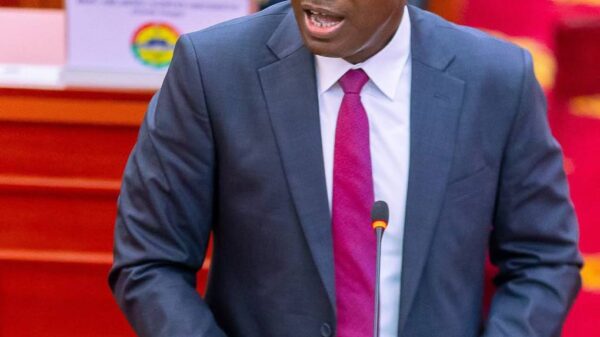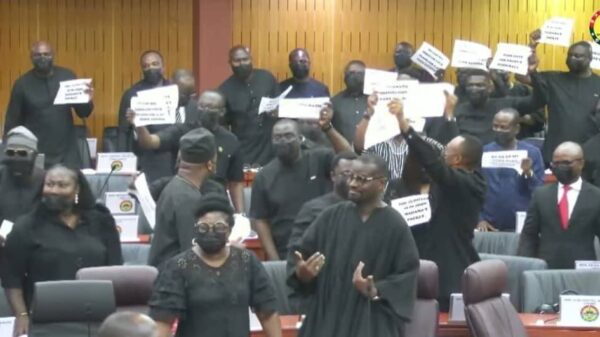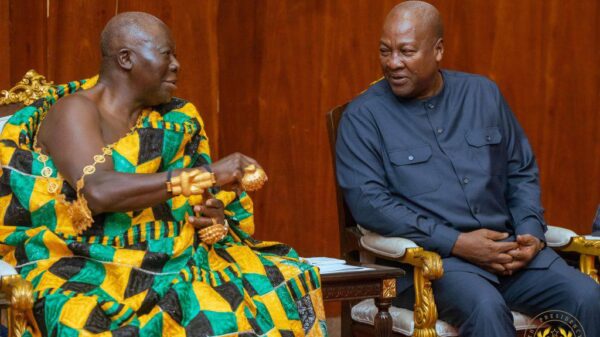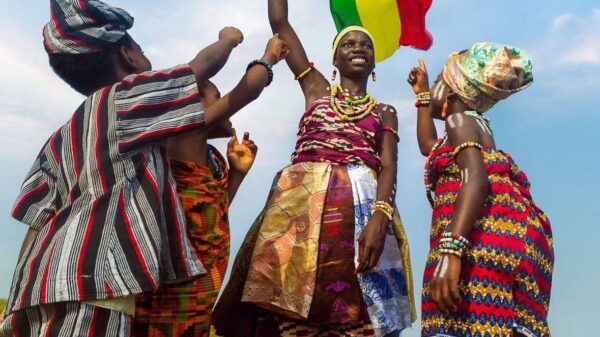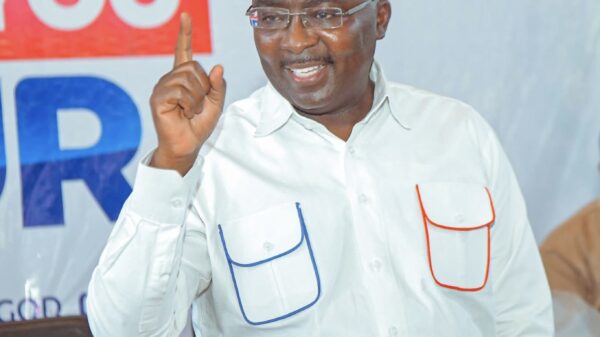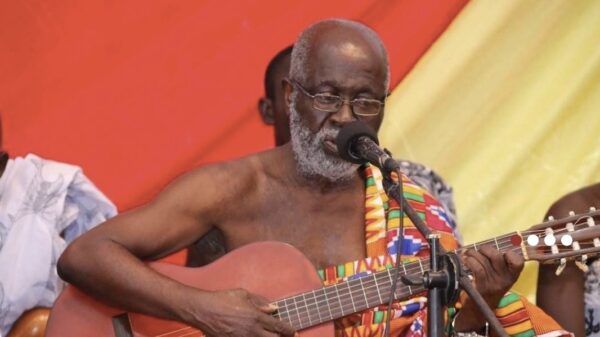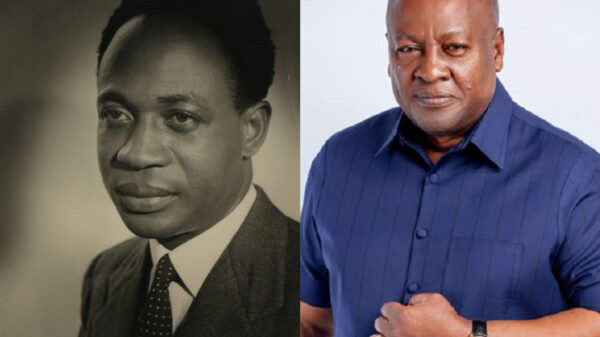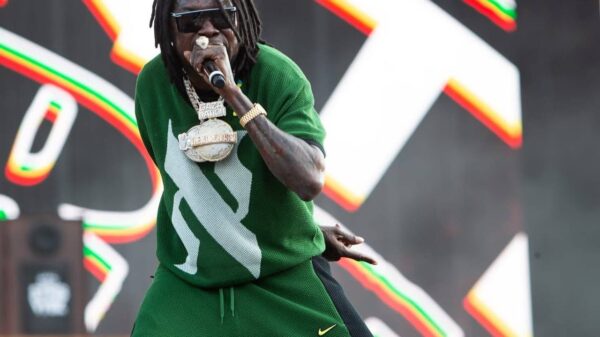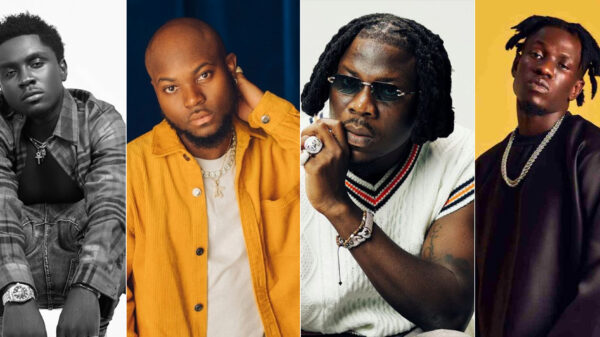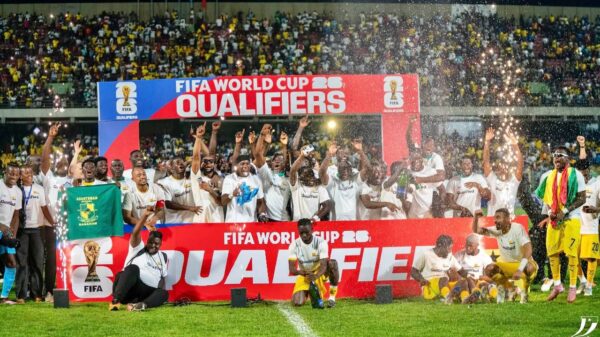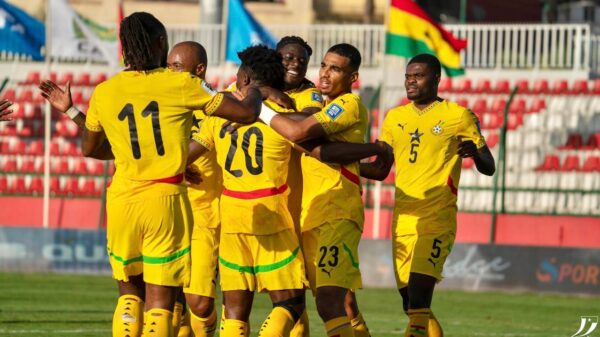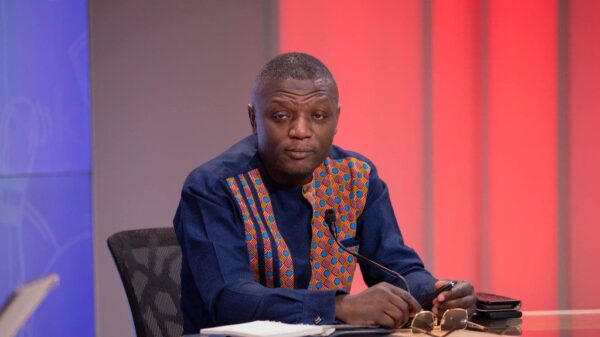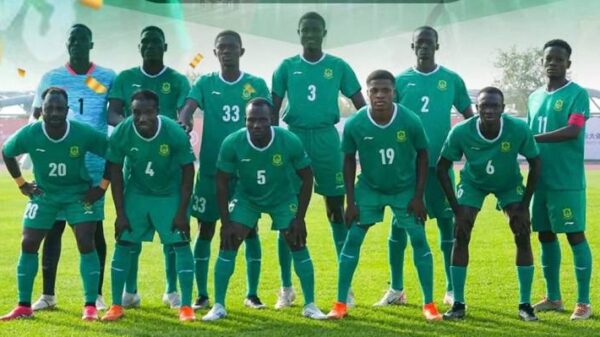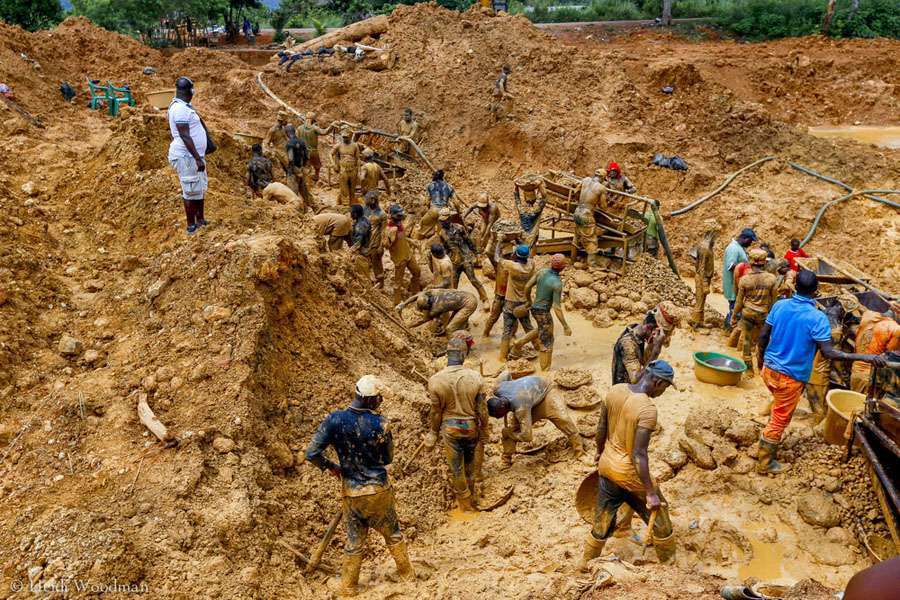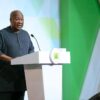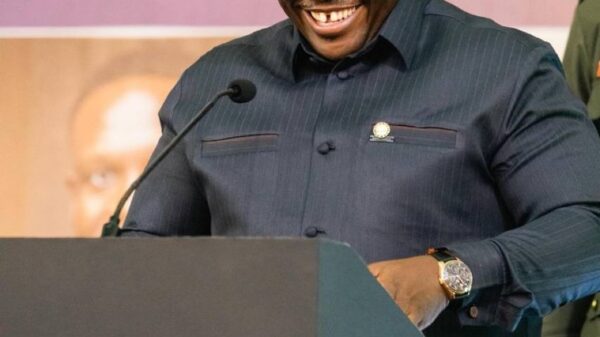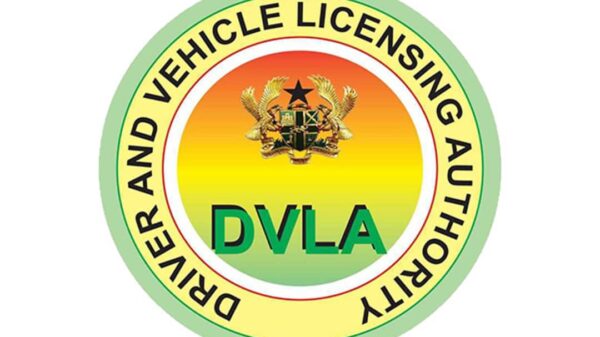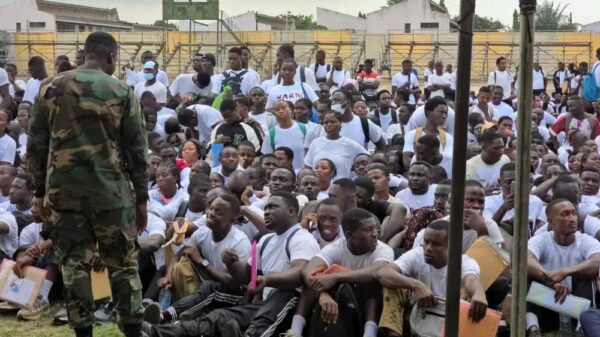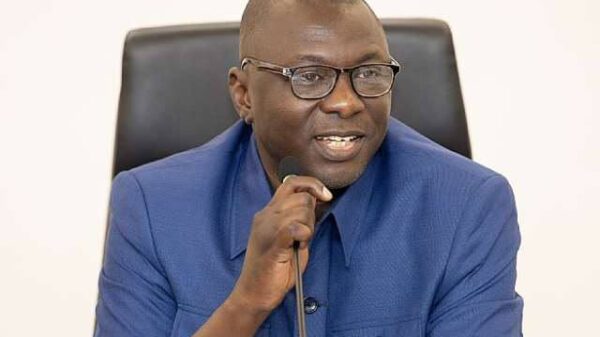You don’t need to be a geologist to know that Ghana is rich in gold.
From the golden crown of the Ashanti kings to the dusty roads of Obuasi and Tarkwa, gold has always been part of our story. But in recent years, another word has crept into that story: galamsey.
Short for “gather them and sell,” galamsey has become more than just illegal mining. It’s a crisis that has led some people to call on the president to declare a state of emergency. A complicated web of poverty, politics, pollution, and yes, profit. As rivers turn brown and forests vanish, we’re left with one burning question:
Who’s getting rich while Ghana gets dirty?

On the surface, it looks like a poverty story: young men knee-deep in muddy water, shoveling endlessly in search of a few flecks of gold. Some are teenagers, others are school dropouts, and many are simply trying to survive in towns forgotten by development. Galamsey, for them, is just a hustle and a lifeline.
But if you stop there, you miss the real picture.
The truth is, the boys in the mud are not the ones making the real money. Behind almost every illegal mine is a shadow network of powerful investors, quiet collaborators, and silent beneficiaries. Some are local businesspeople, others are high-ranking political figures. Some are foreigners, often Chinese and indians nationals who operate under the radar, propped up by Ghanaian middlemen. yes, a few were arrested not long ago, and it was all over the news
These are the people who fund the excavators, import dangerous chemicals like mercury and cyanide, and grease the right palms to avoid consequences. The gold they mine is smuggled out, untaxed, undocumented, and often untraceable, enriching a select few while leaving environmental devastation in their wake.
Meanwhile, what’s left behind is heartbreaking: poisoned rivers, cratered landscapes, failing farms, and broken communities. The Pra, Ankobra, and Offin rivers, once clean, vibrant lifelines, are now thick with pollution. Communities that once relied on these waters for drinking, fishing, farming, and even source of income for the government are suffering. Crops wither. Children get sick. And in many areas, cocoa farms, Ghana’s other economic backbone, are being cleared for illegal mining sites.
The devastation doesn’t stop there. Galamsey is dragging school-age children into hazardous labor and displacing entire families from their lands. Where there is supposed to be forest, we now have pits. Where there was once farming, there is now flooding.
I say again that the real beneficiaries of this galamsey thing are the people wearing the suits and ties.
Nevertheless, in spite of the destruction, the business continues to prosper. Why is that? It’s because those in leadership are safeguarded. Occasionally, the government pledges a “war on galamsey.” Troops are sent in, machines are set ablaze, and people are taken into custody. However, the mines do not vanish; they simply move and reappear.
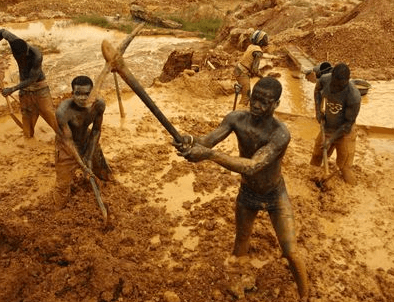
Not to forget the series of demonstrations and their hashtags:#galamseymustfall,#galamseymuststop
And so the question lingers: Who is being protected, the environment or the profiteers?
The truth many Ghanaians whisper but fear to say too loudly is that some of the same people shouting against galamsey by day are benefitting from it by night. There are political actors with hidden stakes in mining operations, traditional leaders leasing out community lands in secret, and law enforcement agencies allegedly collecting “monthly envelopes” to stay quiet.
In this twisted equation, Ghana is losing. The gold leaves the dirt; the disease and destruction stay. Some funny comments from people living in Accra baffle me because they claim that galamsey is not affecting them since they are in Accra, where there are no polluted rivers. However, they forget that most of our food comes from the affected areas.
But even now, the debate remains tricky. Supporters of galamsey argue that it’s a survival, not sabotage. In many rural areas, it’s the only income option. And they’re not wrong if there are no jobs, no roads, and no government investment, people will do what they must to live. You can’t tell a hungry man to “protect the river” when he can’t feed his child.
So what’s the way forward?
Cracking down on illegal mining is just one part of the puzzle. We need real, sustainable alternatives to job creation, legal community mining systems, vocational training, and agricultural support. We need to empower local people not just to survive, but to thrive, without destroying the land they depend on.
Most importantly, we need accountability. We must follow the gold trail: Who owns the land? Who funds the operations? Who buys the gold? Who grants protection? Until we name names, the cycle will continue.
Ghana is rich in gold, in culture, in people. But if we allow greed, silence, and complicity to rule, we will mine ourselves into poverty.
So, who’s getting rich while Ghana gets dirty?
Look beyond the mud. Follow the money.
And ask: what legacy are we digging for?


